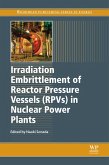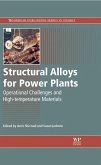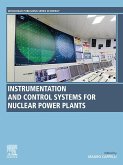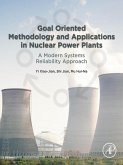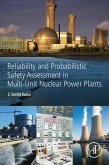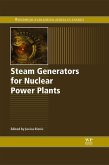Understanding and mitigating ageing in nuclear power plants critically reviews the fundamental ageing-degradation mechanisms of materials used in nuclear power plant structures, systems and components (SSC), along with their relevant analysis and mitigation paths, as well as reactor-type specific PLiM practices. Obsolescence and other less obvious ageing-related aspects in nuclear power plant operation are also examined in depth.
Part one introduces the reader to the role of nuclear power in the global energy mix, and the importance and relevance of plant life management for the safety regulation and economics of nuclear power plants. Key ageing degradation mechanisms and their effects in nuclear power plant systems, structures and components are reviewed in part two, along with routes taken to characterise and analyse the ageing of materials and to mitigate or eliminate ageing degradation effects. Part three reviews analysis, monitoring and modelling techniques applicable to the study of nuclear power plant materials, as well as the application of advanced systems, structures and components in nuclear power plants. Finally, Part IV reviews the particular ageing degradation issues, plant designs, and application of plant life management (PLiM) practices in a range of commercial nuclear reactor types.
With its distinguished international team of contributors, Understanding and mitigating ageing in nuclear power plants is a standard reference for all nuclear plant designers, operators, and nuclear safety and materials professionals and researchers.
- Introduces the reader to the role of nuclear power in the global energy mix
- Reviews the fundamental ageing-degradation mechanisms of materials used in nuclear power plant structures, systems and components (SSC)
- Examines topics including elimination of ageing effects, plant design, and the application of plant life management (PLiM) practices in a range of commercial nuclear reactor types
Dieser Download kann aus rechtlichen Gründen nur mit Rechnungsadresse in A, B, BG, CY, CZ, D, DK, EW, E, FIN, F, GR, HR, H, IRL, I, LT, L, LR, M, NL, PL, P, R, S, SLO, SK ausgeliefert werden.



